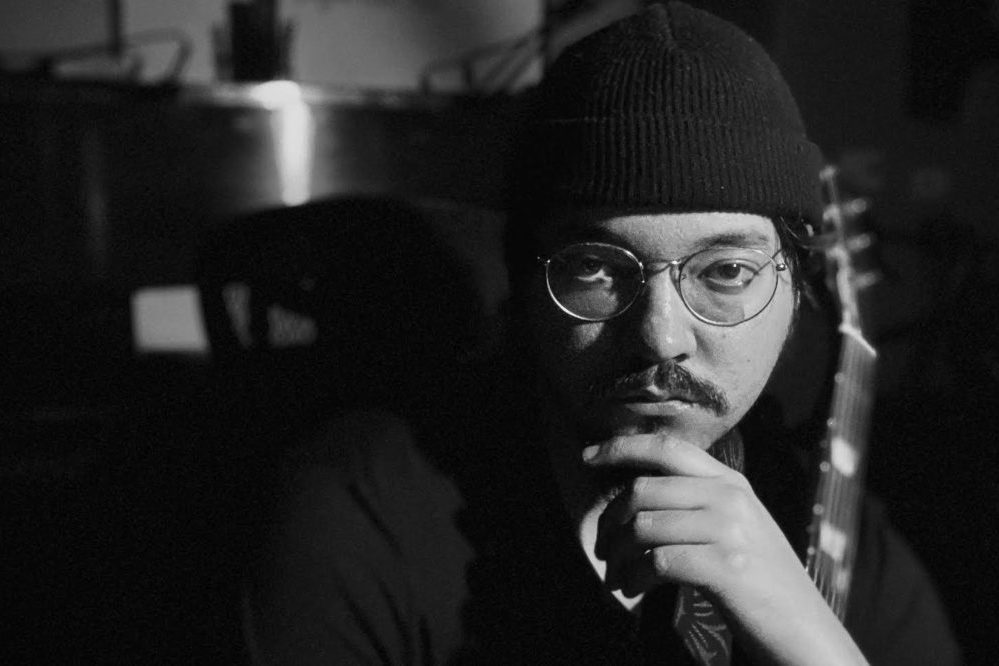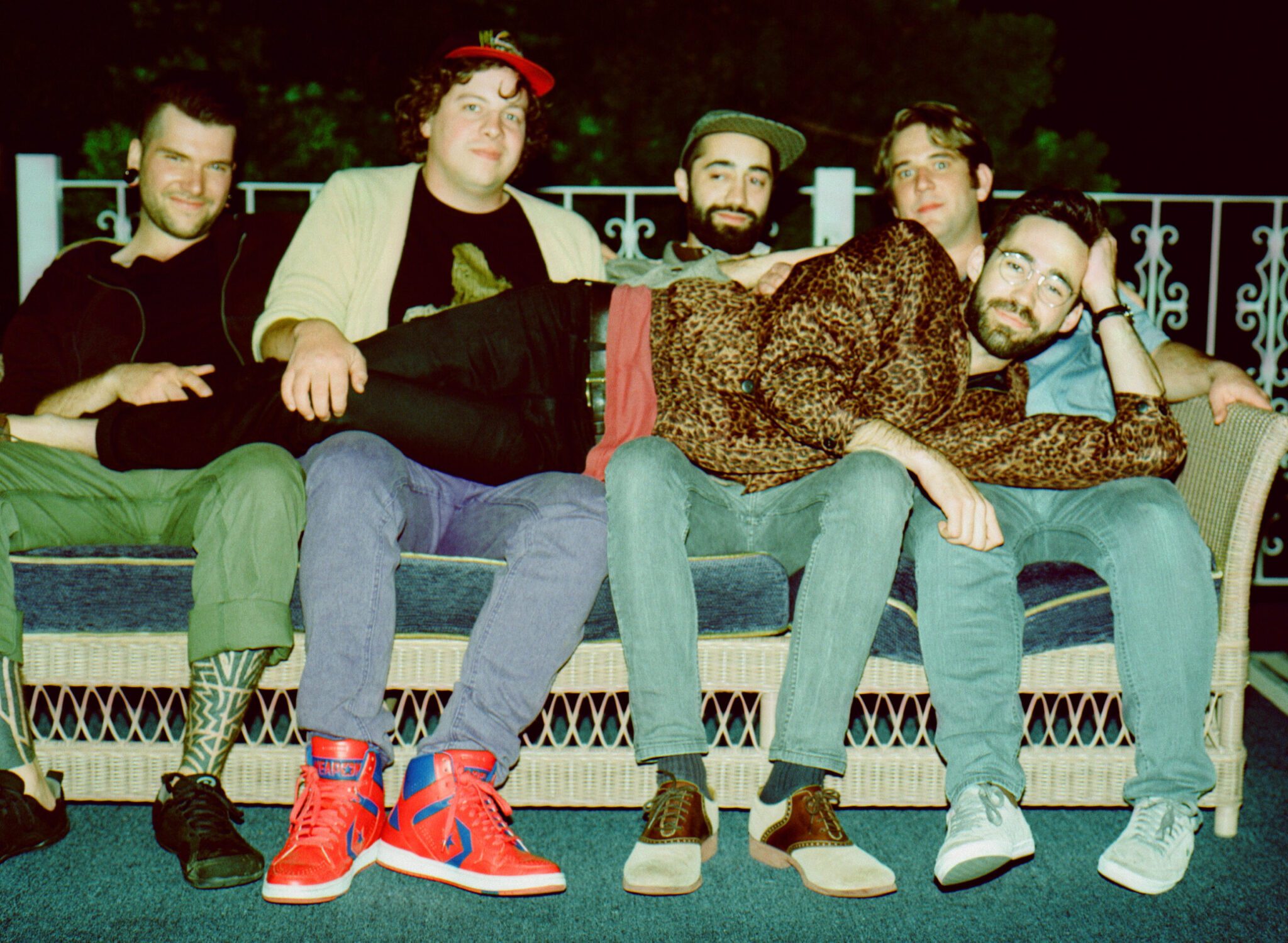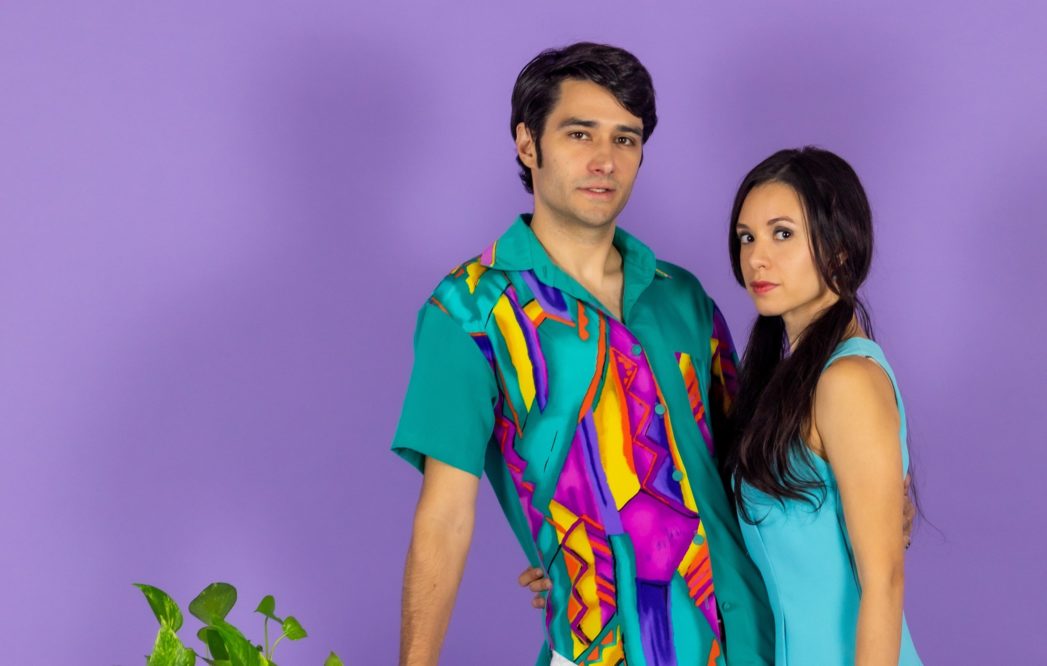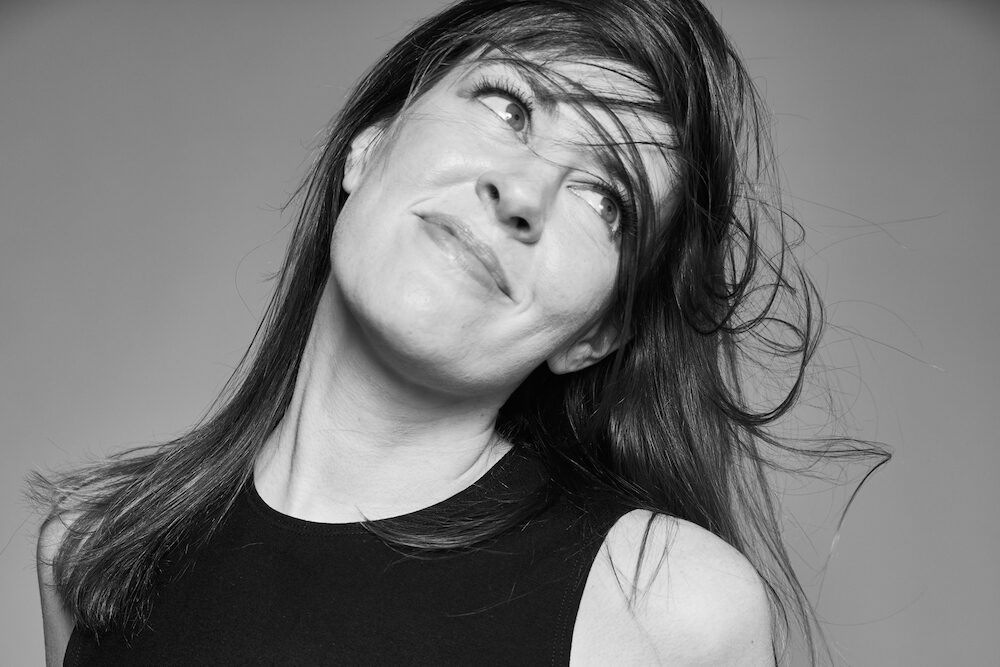
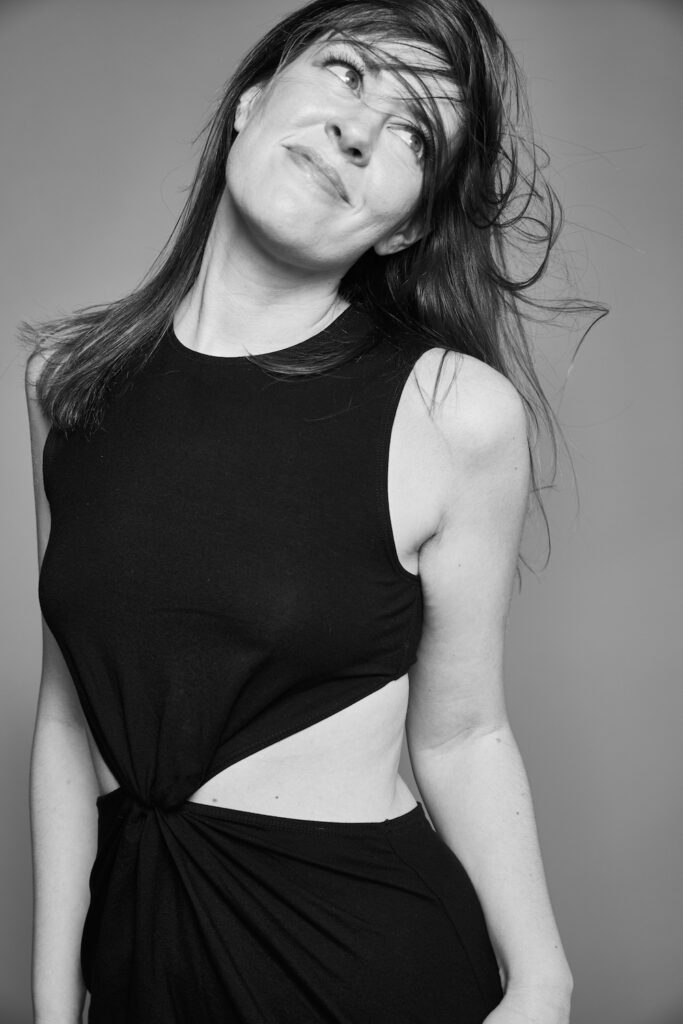
“I didn’t know anybody like the people I met in my 20s growing up,” says Laura June Kirsch. This statement neatly sums up Kirsch’s oeuvre of work, the irony being that her photographs capture anything but neatness. A consistent fixture in NYC nightlife for the better part of the 21st century, the photographer and writer has documented the city’s ever-evolving culture through the lens of shows and parties. She captured a very specific spot of time – the Brooklyn music scene in the post-Recession Obama years – and in doing so, carved a niche for herself as a young female photographer in an otherwise male-dominated field. She’s preparing for the release of her first book, Romantic Lowlife Fantasies: Emerging Adults in the Age of Hope, on Hat & Beard Press this fall.
The photo retrospective aims to articulate the concept of “emerging adulthood” as it pertains to the millennial lifestyle. The phrase began to pop up, according to Kirsch, in the late ’90s and early 2000s, as a way to comprehend the growing trend of delaying the traditional milestones of adulthood – getting married, having a family, buying a house. “Around the turn of the century, people started doing different stuff in their twenties,” Kirsch explains. “They weren’t getting married, they weren’t sticking to one job, there started to be this second adolescence.” As any millennial knows, these delays are fraught with nuance. We came of age in an era of endless war and economic crises, high interest student loans and the impending doom of climate change.
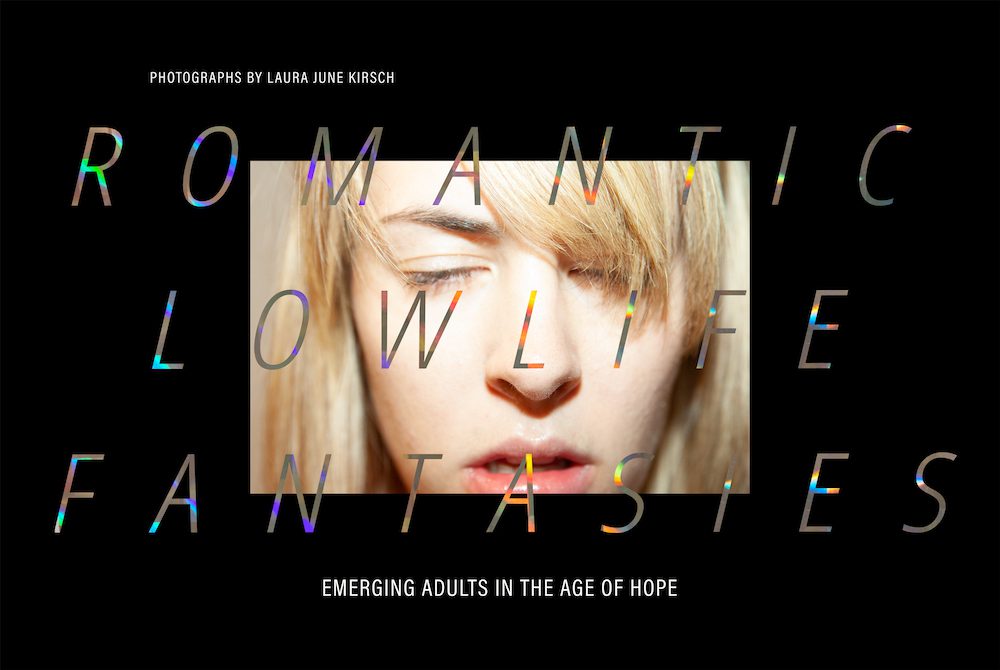
Kirsch manages to get right to the heart of this subterranean angst with her photography. One image that stands out in particular is a girl wearing a purple bob hairdo and Doc Martens tucked in the corner of a party, clutching a desperate (and presumably cheap) can of Budweiser while she sobs. She says she wanted to capture the unique moment of the Recession, “what that was like, being a grown up trying to get by in a world where there was no opportunity,” because with the weight of this type of economic uncertainty comes an unexpected freedom – if there are no jobs, who’s to say you can’t start that band, or open that music venue with your friends? Her photos bring to life an era of NYC nightlife that’s been lost to the skyrocketing cost of living in neighborhoods like Williamsburg, where iconic venues like Glasslands, 285 Kent and Death By Audio fell victim to corporate development.
“The scene we were in was a very special moment in time, and I think we all kind of knew that, catching a little bit of magic in the Brooklyn music community right after the economy crashed,” she says. “There was just a great artistic community we were all part of, and it was really fun.” She notes another important nuance of this time period – no smartphones. “This was the last time before everyone became completely glued to their phones constantly. So this was the last era of that real, uninterrupted human connection.”
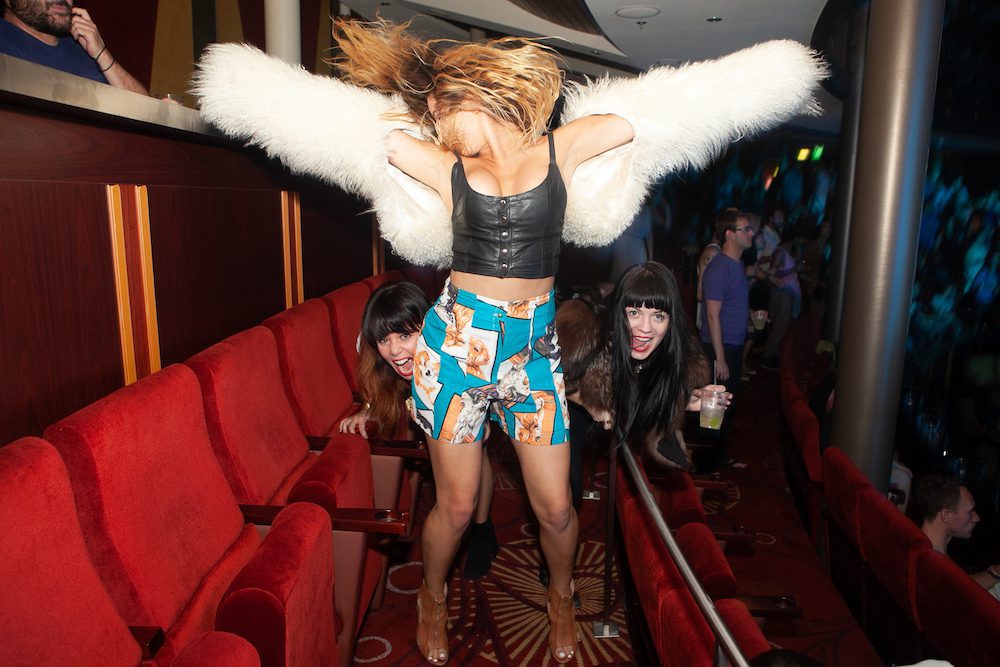
It comes through in the photographs. She sets herself apart from a sea of concert photographers with her images of the crowd – couples embrace for what could be the first, or hundredth, time; friends dance into the early morning hours on what might be a Tuesday, ready to head to their underpaid “creative” 9-to-5s in just a few hours more. “I shot a lot of live music, but I was more interested in the people who were there,” she explains. “I had this great collection of pictures and I realized it was really just about millennials, and what lifestyle was like at this time, and what life looked like in these communities.”
A “great collection” is an understatement, as she goes on to say that Romantic Lowlife Fantasies is literally bursting at the seams: “I just had a big conversation with how page count works when you’re printing a photo book and we are out of pages.” Kirsch describes the book as a longstanding goal, “a labor of love,” something she aspired to ever since her early photography classes in high school. She’s been shooting this collection since 2008, beginning to sift through the content and piece it together in 2016. She began pitching it in 2018, and found Hat & Beard Press somewhere along the way.
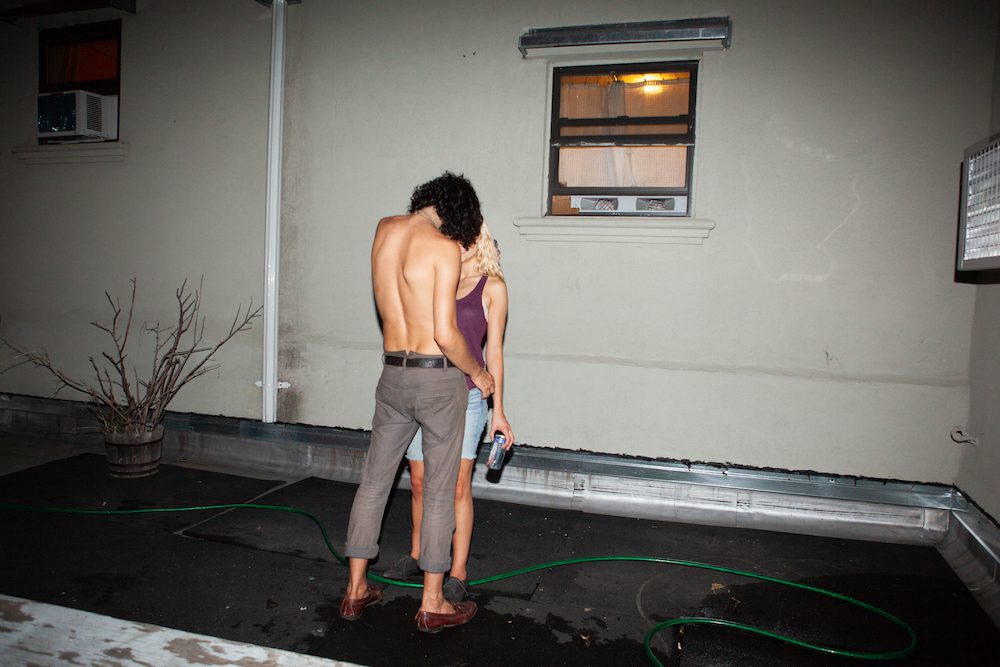
In addition to the photographs, the book will contain original essays from influential figures of that era, among them Darlene “Dee Nasty” Demorizi, Allyson Toy, Brooke Burt, Caitlin McCarry, and Jessica Amodeo. “They just tell their stories,” she explains. “I wanted a bunch of female writers to write about their experiences working in male dominated fields at the time.”
This is a theme that pervades much of the book, and Kirsch’s work in general. In the late-aughts era when she cut her teeth as an events photographer, there weren’t a lot of women out there with her. Surely it wouldn’t be a stretch to suggest that her unique perspective as a female photographer at this time is what allowed her to find the layers of emotional complexity that emerge from her photographs.
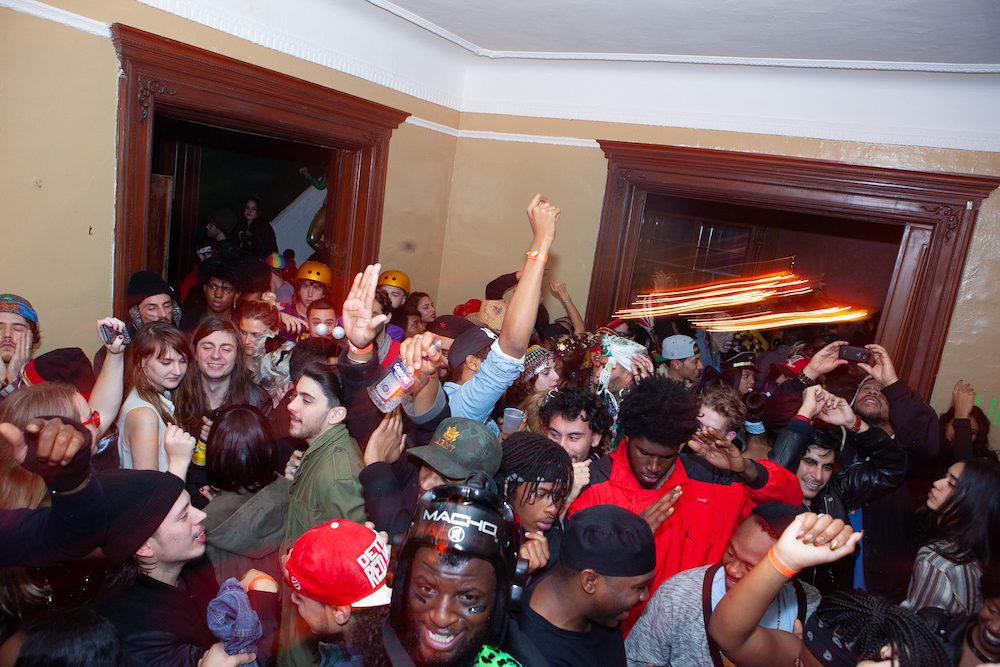
The future of NYC nightlife remains uncertain, battered as it were by the pandemic. The problems that underscore much of Kirsch’s photography remain problems, some of them worse. But it’s because of artists like Kirsch, ones that capture a bit of magic for us to look back on, that we find the hope that maybe, just maybe, history will live up to the adage and repeat itself.
Follow Laura June Kirsch on Instagram for ongoing updates.

